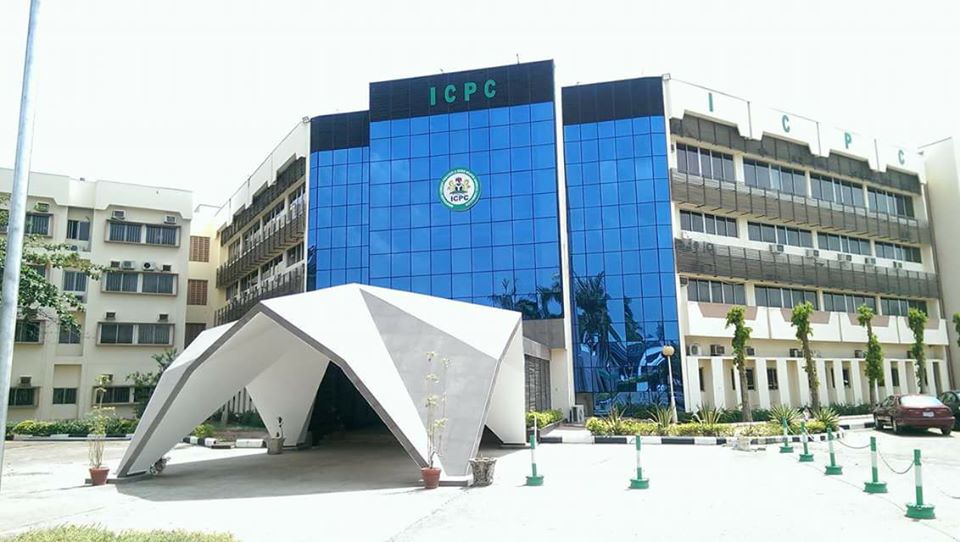The Chairman of the Independent Corrupt Practices and Other Related Offences Commission (ICPC), Mr. Ekpo Nta has identified tolerance for corrupt practices as a driving force for endemic corruption in the country.
Mr. Nta, who was represented by the Head of ICPC office in Edo State, Mr. Olukile Olusesan, said this recently at a one-day anti-corruption workshop for religious leaders in Asaba, Delta State with the theme “Religion and its Institutions as Veritable Tools in Combating Corruption”.
He told the participants that the dream of achieving a stable and prosperous Nigeria might not come to be unless there were positive attitudinal transformation of people at all levels of society.
Nta stressed the need for religious leaders in the country to be role models for the citizenry, saying, ‘’this is where the leaders of Christian Fellowship and Muslim Ummah come in, … this forum is to draw ideas from both bodies on how best to achieve the fight against corruption, using their positions of influence with various congregations’’.
The ICPC Chairman went further to explain the duties of the Commission, and how they are grouped into the three areas of enforcement, prevention and enlightenment of the citizens.
While declaring the workshop open earlier , the Deputy Vice Chancellor, Delta State University, Abraka, Professor A. E. Anigala, described corruption as a “chronic societal ulcer that infects, infests and destroys the nation”, saying that ‘’corruption is a sin against God and humanity’’.
He commended ICPC for the initiative and urged the participants to take the fight against corruption seriously.
Delivering a paper titled “Religion and its Institution as Veritable Tools in Combating Corruption’ “The Christian Perspective” Mrs. Awani Ighoroje from the University of Benin identified religion as belief in a supernatural power or powers that control human destiny, adding that, a true Christian should not dwell in carnality, and that it was therefore the duty of the church to teach its members to emulate Christ.
Mrs. Ighoroje noted that corruption is a vice and not a virtue, and that the manifestation of corruption in Nigeria today stems from the attitude of people with a mindset of immoral disposition. She concluded that a holistic approach which includes both religious and non-religious strategies should be adopted in order to prevent corruption in the country.
Presenting the second paper with the topic “Religion and its Institution as Veritable Tools in Combating Corruption’ “The Muslim Perspective”, Prof. Waziri Oseni from the University of Ilorin, noted that the main objective of the workshop was to enlighten the public on the adverse effects of corruption, adding that, all the acts defined by the ICPC law as corruption are also described as “haram” from the Islamic point of view.
Speaking further, he warned all those who engage in corrupt practices to desist because there is retribution for wrong-doing.
The workshop ended with contributions and suggestions from representatives of the religious bodies among which was the call for anti-corruption clubs to be formed in primary and secondary schools in the country to inculcate good morals in children from their early days.
In his vote of thanks, Mr. Olusesan expressed his gratitude to the participants for attending, and said he hoped to see changes in their attitude as they go about their duties, while urging them to adopt a speak-out attitude against corruption in whatever form it might be presented.

